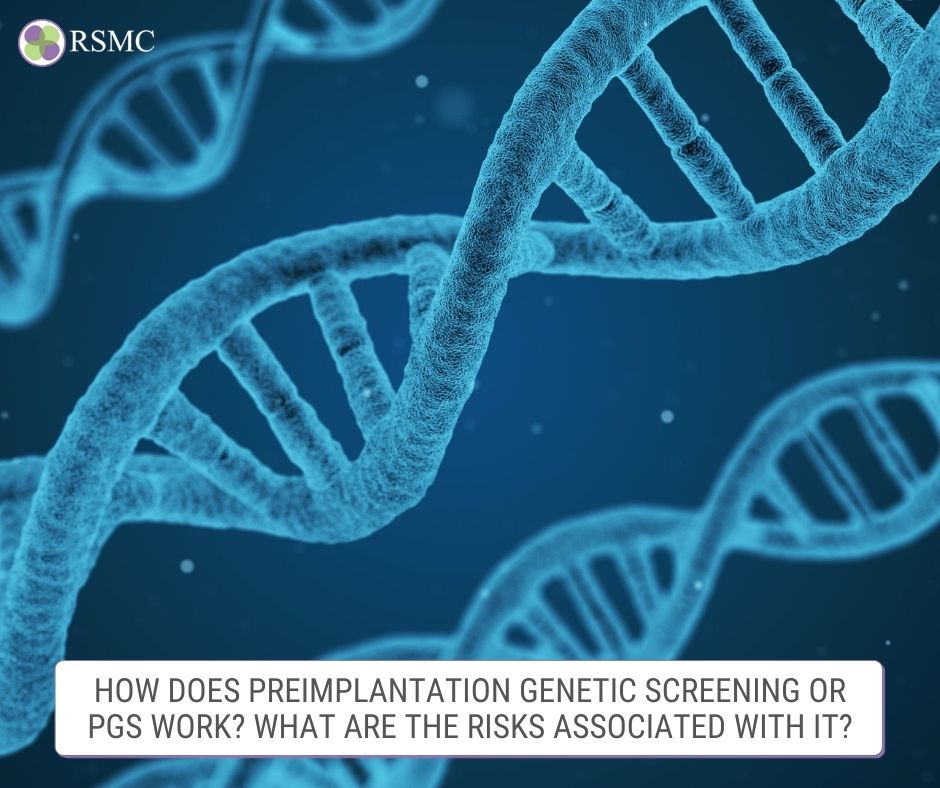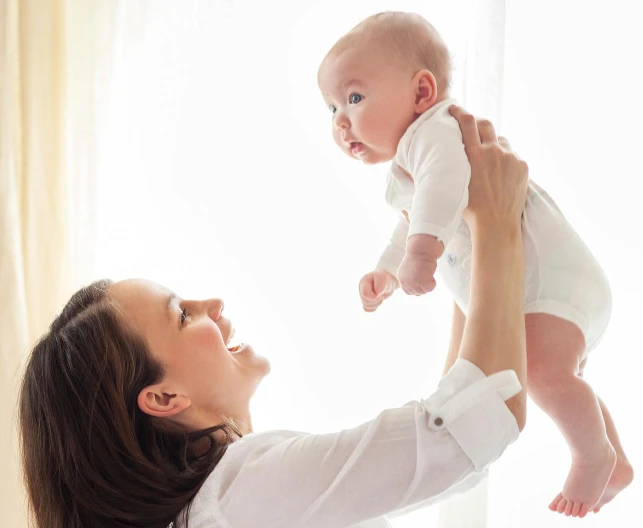Donating your eggs is a selfless act that can help a couple or individual start their own family. If you are thinking about egg donation then you probably have questions about the initial steps of the process. Our experts at Reproductive Sciences Medical Center have listed the steps involved in egg donation process. We also discuss what happens on the day of egg retrieval.
Step 1: Applying for the Egg Donation Process
To apply to become an egg donor with us, begin by looking over the qualifications. Our required qualifications include being between the ages of 19 to 29, having a BMI between the ranges of 18 to 28, and living a healthy lifestyle. For example, you should be currently a nonsmoker and not prescribed antidepressants/anti-anxiety medications. If you find that you meet the basic criteria, complete the application at your earliest convenience.
Once you meet our qualifications, we will send an invitation asking you to complete the second portion of the application. The second portion goes more into depth of your family medical history and personality as well as prompt you to upload pictures of yourself. Once our egg donation coordinators have determined you to be a great fit for the process, we will contact you regarding next steps of the process.
Step 2: Screening for Egg Donation Process
During the screening process, your egg donation intake coordinator will walk you through the medical screening, psychological evaluation, and background check procedures. The medical screening will determine your general and reproductive health, to ensure a safe and prevent any complications.
Additionally, our psychologist will establish that you are mentally sound and commit yourself to the egg donation process. A simple background check will also make sure the information you provided as well as your criminal history is clear.
Step 3: Stimulation and Egg Retrieval
In order to stimulate your eggs, you will undergo 10 to 12 days of hormone injections. Donors generally have three injectable medications: Menopur, Gonal F, and Cetrotide. Menopur is a gonadotropin (follicle stimulating hormone and luteinizing hormone), which stimulates ovulation (the release of an egg).
Gonal F is used to stimulate an egg to develop and mature during egg donation process. Cetrotide helps prevent premature ovulation to ensure controlled ovulation. At the end of your medication treatment, your physician will determine whether your eggs are ready for retrieval. On the day of egg retrieval, you will undergo sedation. Your physician will insert an ultrasound probe and a thin need to retrieve the eggs.
Step 4: Post Retrieval Care
After the egg retrieval, we will schedule a checkup appointment day at your local monitoring center. The checkup will ensure that you are feeling normal with little to no discomfort. Typical side effects of egg donation process may occur such as mild bloating, mild cramping, and breast tenderness.
Our checkup will determine that any side effect you feel are typical and temporary. Additionally, you will receive proper compensation for your time and effort.
Conclusion
As experienced medical professionals, your safety and privacy are our top priorities. Our team members have worked with thousands of egg donors, and they will guide you throughout the whole egg donation process.

























